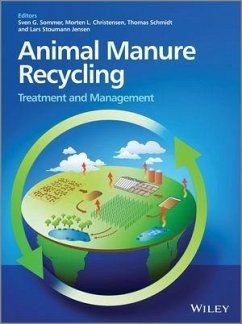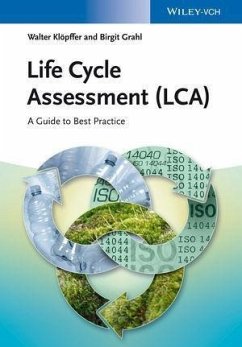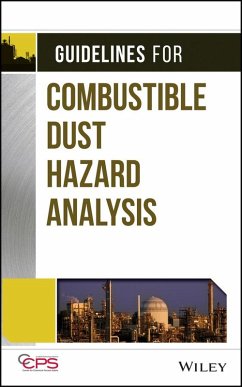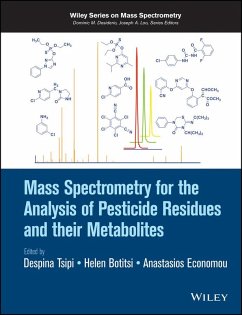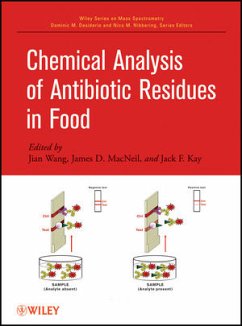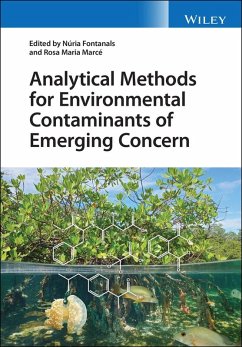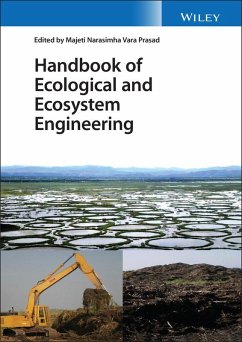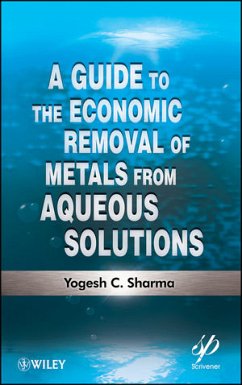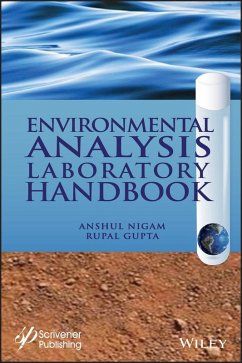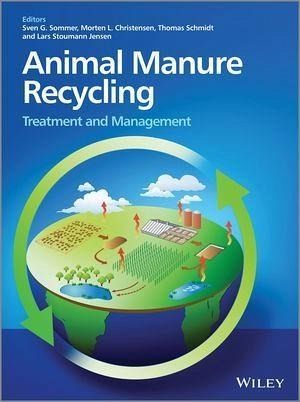
Animal Manure Recycling (eBook, ePUB)
Treatment and Management
Versandkostenfrei!
Sofort per Download lieferbar
97,99 €
inkl. MwSt.
Weitere Ausgaben:

PAYBACK Punkte
0 °P sammeln!
A rapidly changing and expanding livestock and poultry production sector is causing a range of environmental problems on local, regional and global scales. Animal Manure Recycling: Treatment and Management presents an accessible overview of environmentally friendly technologies for managing animal manure more efficiently and in a sustainable manner. The book describes the physical and chemical characteristics of animal manure and microbial processes, featuring detailed examples and case studies showing how this knowledge can be used in practice. Readers are introduced to the sustainable use of...
A rapidly changing and expanding livestock and poultry production sector is causing a range of environmental problems on local, regional and global scales. Animal Manure Recycling: Treatment and Management presents an accessible overview of environmentally friendly technologies for managing animal manure more efficiently and in a sustainable manner. The book describes the physical and chemical characteristics of animal manure and microbial processes, featuring detailed examples and case studies showing how this knowledge can be used in practice. Readers are introduced to the sustainable use of animal manure for crop fertilisation and soil amelioration. Environmentally friendly technologies for reducing emissions of ammonia, odour and the greenhouse gases nitrous oxide and methane are presented, and reduction of plant nutrient losses using separation technologies is introduced. Finally and most importantly, the book describes methods to commercialise and transfer knowledge about innovations to end-users. Topics covered include: * Regulation of animal manure management * Manure organic matter: characteristics and microbial transformations * Greenhouse gas emissions from animal manures and technologies for their reduction * Technologies and logistics for handling, transport and distribution of animal manures * Bioenergy production * Animal manure residue upgrading and nutrient recovery in bio-fertilisers * Life cycle assessment of manure management systems * Innovation in animal manure management and recycling Animal Manure Recycling: Treatment and Management presents state-of-the-art coverage of the entire animal manure chain, providing practical information for engineers, environmental consultants, academics and advanced students involved in scientific, technical and regulatory issues related to animal manure management.
Dieser Download kann aus rechtlichen Gründen nur mit Rechnungsadresse in D ausgeliefert werden.




